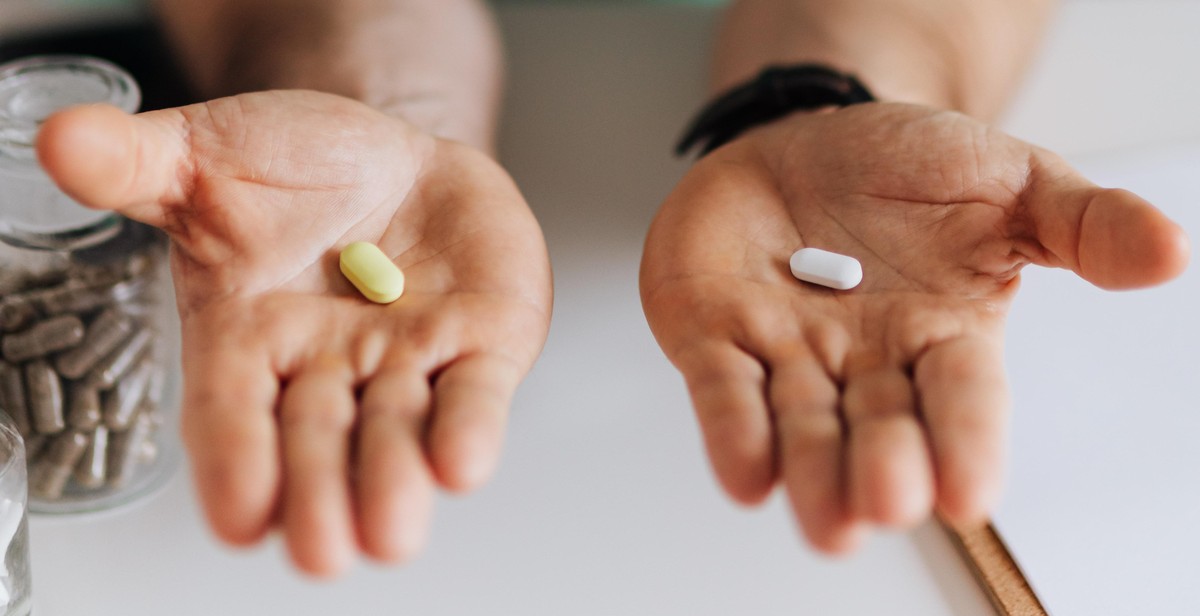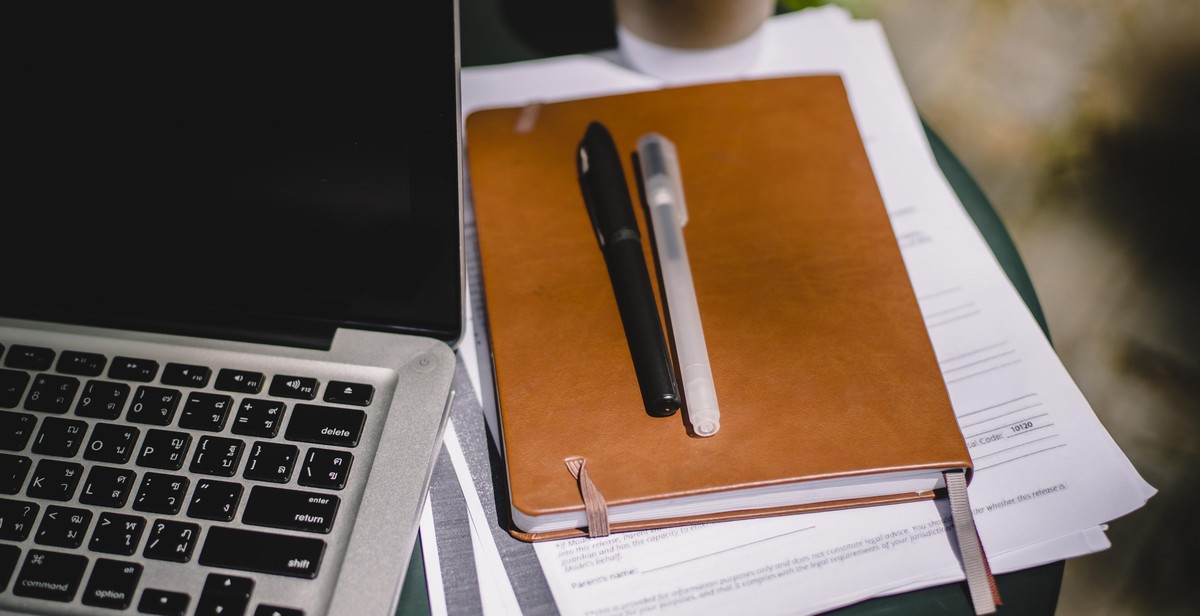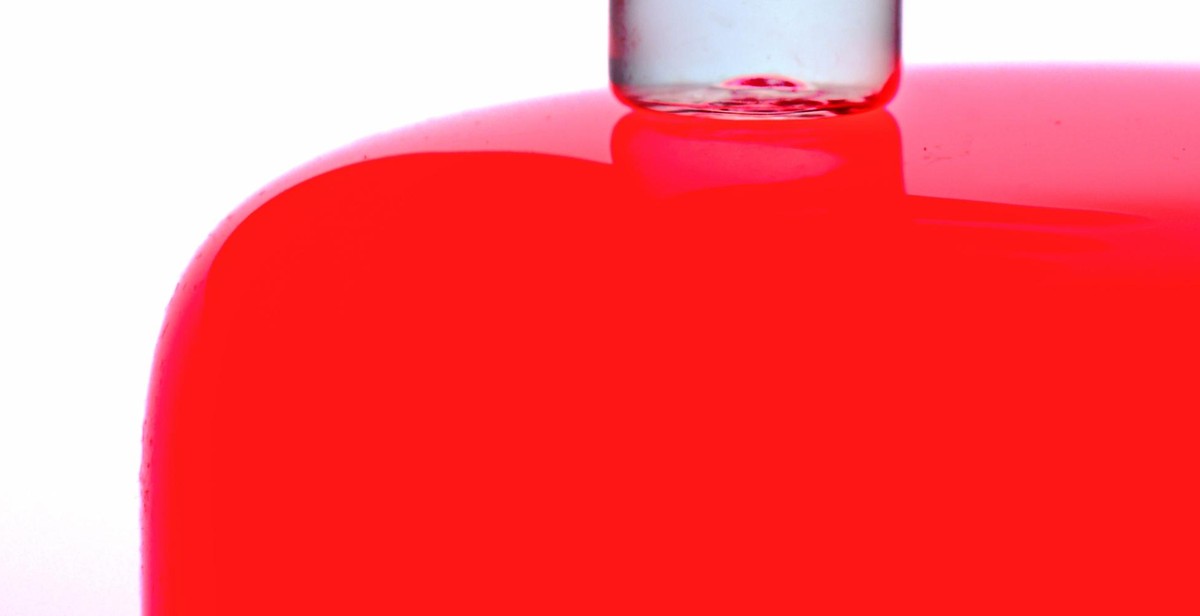How to Organize and Manage Your Medication Schedule: Tips for Pill Management
As someone who has struggled with managing multiple medications, I understand how overwhelming it can be to keep track of everything. Whether you take daily vitamins or multiple prescriptions, it’s important to stay organized and on schedule to ensure you’re getting the most out of your medication regimen.
In this article, I’ll share my personal tips and tricks for managing your medication schedule. From setting reminders to organizing your pills, these strategies will help you take control of your health and feel confident in your medication routine.
The Importance of Medication Management
Proper medication management is crucial for maintaining good health and preventing complications. When taken correctly, medications can help manage chronic conditions, alleviate symptoms, and even save lives. However, missing a dose or taking the wrong medication can have serious consequences.
That’s why it’s important to take a proactive approach to medication management. By staying organized and on schedule, you can ensure that you’re getting the full benefits of your medications and avoiding any potential risks.
Tips for Managing Your Medication Schedule
- Set reminders: Use a pillbox or smartphone app to set reminders for when to take your medication.
- Organize your pills: Sort your pills by day and time of day to make it easier to keep track.
- Keep a medication list: Write down all of your medications, including dosages and instructions, to keep track of what you’re taking.
- Communicate with your healthcare provider: If you’re having trouble managing your medications, talk to your doctor or pharmacist for advice.
By following these tips and making medication management a priority, you can take control of your health and feel confident in your medication routine.

Understanding the Importance of Medication Management
As someone who has struggled with medication mismanagement in the past, I cannot stress enough the importance of organizing and managing your medication schedule. It is not uncommon for people to forget to take their medication or take the wrong dosage, but the consequences of such mistakes can be severe and even life-threatening.
Personal Experience with Medication Mismanagement
I have personally experienced the negative effects of medication mismanagement. Due to a busy schedule and forgetfulness, I often missed doses of my medication or accidentally took too much. This resulted in adverse side effects and worsening of my condition. It wasn’t until I started organizing and managing my medication schedule that I saw a significant improvement in my health.
The Consequences of Medication Mismanagement
Medication mismanagement can have serious consequences. Missing doses or taking the wrong dosage can lead to ineffective treatment, worsening of symptoms, and even hospitalization. On the other hand, taking too much medication can result in overdose and toxicity, which can be fatal. It is crucial to understand the importance of medication management and take the necessary steps to ensure that you are taking your medication correctly.
Furthermore, medication mismanagement can also lead to medication interactions. When you take multiple medications, they can interact with each other and cause adverse effects. It is essential to inform your healthcare provider of all the medications you are taking and follow their instructions to avoid potential interactions.
In conclusion, medication management is a critical aspect of maintaining good health. It is essential to organize and manage your medication schedule to ensure that you are taking your medication correctly and avoiding potential adverse effects. Remember to inform your healthcare provider of all the medications you are taking and follow their instructions to avoid potential interactions.

Creating a Pill Management Schedule
One of the most important aspects of managing your medication schedule is creating a system that works for you. Here are some tips for creating a pill management schedule:
Gather Your Medications and Supplies
Before you can start organizing your medication schedule, you need to gather all of your medications and supplies in one place. This includes any prescription medications, over-the-counter medications, vitamins, and supplements that you take regularly. You’ll also need a pill organizer, which can be found at most drugstores and online retailers.
Choose a Method for Tracking Your Medications
Once you have all of your medications and supplies in one place, you’ll need to choose a method for tracking your medications. There are several options to choose from:
- Pill organizer: A pill organizer is a container with compartments for each day of the week. You can fill each compartment with the medications you need to take that day.
- Medication list: You can create a list of your medications that includes the name of the medication, the dosage, and the time you need to take it.
- Mobile app: There are several mobile apps available that can help you track your medications. These apps can send you reminders when it’s time to take your medication.
Set Reminders and Alarms
Once you’ve chosen a method for tracking your medications, you’ll need to set reminders and alarms to ensure that you take your medications on time. You can use a mobile app to send you reminders, or you can set alarms on your phone or watch. If you prefer a low-tech solution, you can use a sticky note or other visual reminder to help you remember to take your medications.
| Tip: | Set your reminders and alarms for the same time every day to help establish a routine. |
|---|
By following these tips, you can create a pill management schedule that works for you and helps you stay on top of your medication regimen.

Tips for Sticking to Your Medication Schedule
Managing your medication schedule can be a daunting task, but it is essential for maintaining your health. Here are some tips to help you stick to your medication schedule:
Make Your Medication Schedule a Part of Your Daily Routine
One of the best ways to ensure that you take your medication on time is to make it a part of your daily routine. Choose a time of day that works best for you, and stick to it. You can set an alarm or reminder on your phone to help you remember.
Keep Your Medications Organized and Easily Accessible
It is essential to keep your medications organized and easily accessible. You can use a pill organizer to sort your pills by day and time. You can also keep a list of your medications, including the dosage and frequency, in a notebook or on your phone. This will help you keep track of your medications and ensure that you don’t miss a dose.
Communicate with Your Healthcare Provider
It is crucial to communicate with your healthcare provider about your medication schedule. They can help you create a schedule that works best for you and answer any questions you may have. If you are experiencing side effects or having trouble sticking to your medication schedule, let your healthcare provider know. They may be able to adjust your medication or suggest other strategies to help you stick to your schedule.
By following these tips, you can make managing your medication schedule a part of your daily routine and ensure that you stay on track with your medications. Remember, taking your medication as prescribed is essential for maintaining your health and well-being.

Technology and Medication Management
Thanks to advancements in technology, managing medication schedules has become easier and more convenient. Here are some tools and apps that can help:
Medication Management Apps
There are various medication management apps available that can help you keep track of your pill schedule. These apps can remind you when it’s time to take your medication, track your pill inventory, and even send alerts to your family or caregivers if you miss a dose.
- Pill Reminder by Medisafe: This app allows you to set reminders for multiple medications, and even has a feature that can remind you to refill your prescriptions. It also has a medication tracker to monitor your progress.
- MyTherapy: This app offers personalized reminders, a medication tracker, and a journal to record your symptoms and side effects. It also has a feature that allows you to share your progress with your healthcare provider.
- PillPack: This app offers medication delivery services and packs your pills into convenient daily packets, eliminating the need for manual pill sorting.
Automated Pill Dispensers
Automated pill dispensers are devices that can help you manage your medication schedule by dispensing pills at specific times of the day. These devices can be programmed to dispense the correct dosage and can also send alerts to remind you to take your medication.
| Device | Features |
|---|---|
| PillPack: | Offers medication delivery services and packs your pills into convenient daily packets, eliminating the need for manual pill sorting. |
| MedMinder: | Offers different models including a locking dispenser and a cellular-connected dispenser that can send alerts to caregivers or family members. |
| Hero: | Offers a smart dispenser that can hold up to 10 different medications and can be controlled through a mobile app. It also has a feature that can alert your pharmacy when you’re running low on medication. |
Using technology to manage your medication schedule can help you avoid missing doses and reduce the risk of complications. Consider trying out one of these tools to make medication management easier and more efficient.

Conclusion
Managing your medication schedule can be a daunting task, but with the right tools and strategies, it can be a breeze. Remember to always consult with your doctor or pharmacist before making any changes to your medication regimen.
Tips for Effective Medication Management
- Create a medication schedule and stick to it
- Use medication reminders, such as alarms or apps
- Organize your medications in a pill dispenser or pillbox
- Keep track of your medications using a medication tracker or journal
- Dispose of expired medications properly
Benefits of Effective Medication Management
Effective medication management can lead to improved health outcomes, better adherence to medication regimens, and reduced medication errors. It can also help prevent drug interactions and adverse side effects.
| Benefits of Effective Medication Management |
|---|
| Improved health outcomes |
| Better adherence to medication regimens |
| Reduced medication errors |
| Prevention of drug interactions and adverse side effects |
By following these tips and incorporating effective medication management strategies into your routine, you can take control of your medication schedule and improve your overall health and well-being.
